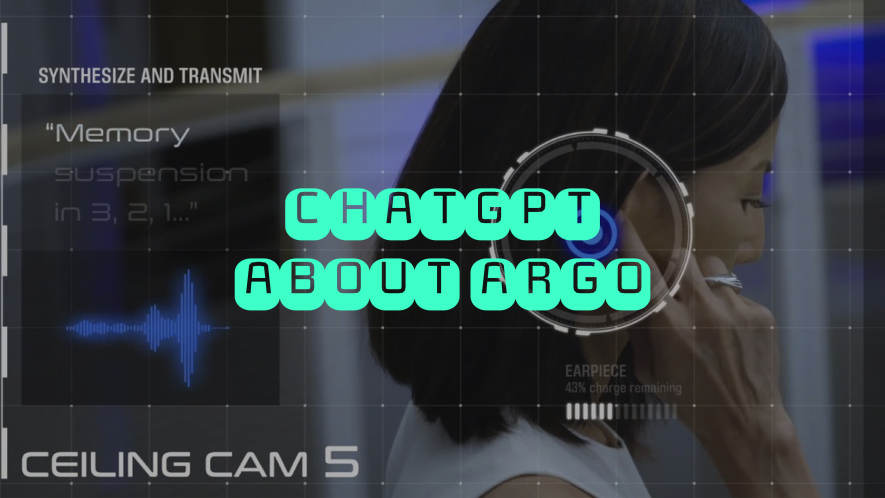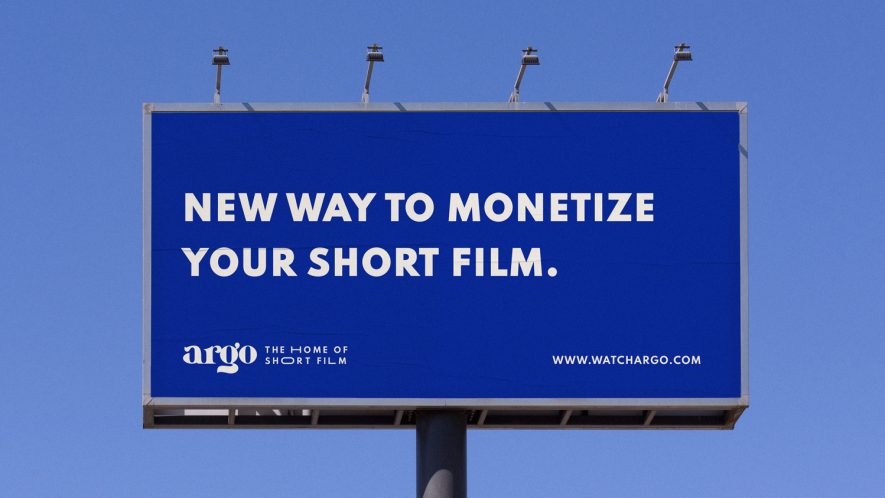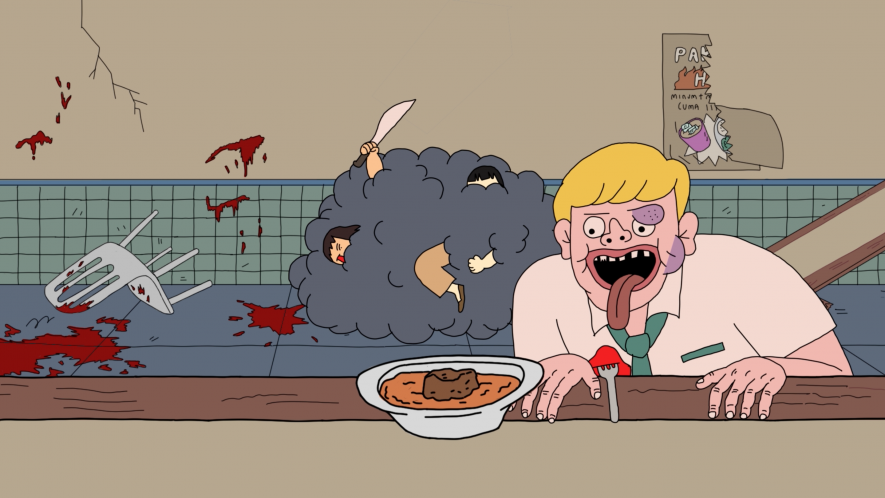What was the inspiration behind The Crush?
I was working in advertising but always had an itch to make films. My job brought me into contact with a lot of directors and they would tell me, if I was serious about trying to direct, that I needed to make a short. I had a bunch of different ideas rattling around in my head and in my office drawer but I always figured I would have one shot at making an impression. So I resolved to wait until I had a concept that I felt was worth spending the necessary money (plus other people’s money!) and time (plus other people’s time!) on. During that same period, I would often chat with my young son about making a no-budget video with him that we might put up on Youtube. The two things kind of dovetailed. A simple notion about a little boy with a crush on his teacher escalated into something a bit bigger that would require a higher production. While sitting on a train on my commute home from work, I scribbled an outline of the idea that was forming in my head. By the time I got off the train I knew this was the story that I wanted to be my first short film.
Argo’s ‘Through Young Eyes’ playlist features films that display the unexpected wisdom of young children. Is this something that you were aiming to portray through Ardal’s wisdom?
Absolutely. The wisdom of the child is a reliable old film trope and a tidy, often humorous way of pointing out the lack of wisdom, lack of judgement or just plain foolishness and selfishness of adults. At the centre of THE CRUSH is a toxic relationship where one party is controlling and dismissive of the other. The other party stays in that unhealthy environment perhaps because of insecurity or simply a blind optimism that things will get better. But a child can cut through all that in the most elementary way. Why be with someone who treats you badly? Why be with someone who you don’t actually love? It seems obtuse to his uncluttered mind.
What was the dynamic like working with your son as the lead?
It worked pretty well in the long run. Having your lead actor living under the same roof is a definite advantage when it comes to rehearsal! I was also able to communicate with Oran on a level that I might not be comfortable with for another actor. I could use certain parental short cuts with him to get to a performance. For instance, if I tease him about something he’s not going to be offended because he knows it’s just good natured father/son banter! All in all, he was terrific and we had fun. That’s what mattered in the end and I think it worked for the film. 
Who are your biggest influences in film?
I’ve pretty eclectic tastes across the board. But I’m a sucker for high concept fare of the 80s and 90s from the likes of Spielberg and Zemekis. I love sharing the experience of a good pixel-packed Marvel extravaganza with my kids. However, the things that draw me in the most are simple, funny, character-led films like James Brooks’ Broadcast New or Sophia Coppola’s Lost in Translation. Anything by Billy Wilder is wonderful to me but especially Some Like It Hot or The Apartment. I enjoy dramas with humour and humanity that wouldn’t necessarily be categorised as out and out comedies. Benigni’s Life is Beautiful is such an audacious balancing act that I’m in awe of it. I’m also a great admirer of some of our own Irish greats like Jim Sheridan and Neil Jordan. I should also give a shout-out to TV. I’m an 80s kid so I was virtually raised by the one-eyed nanny! Even long before the “golden age” it was where some of the greatest story-telling was to be found. Hill Street Blues, The Simpsons, Moonlighting, Cheers, Miami Vice, Coronation Street, The Sweeney. I think the past few decades of television has had a huge influence over both myself and anyone creating work in any medium.
Why do you think short films are so important (for filmmakers)?
Shorts are obviously a great way to hone your skills at filmmaking without the same budgetary concerns of a feature. But, over the years, I’ve come to realise they can be an art form in themselves. In much the same way that short stories are their own art form, seperate from novels. They don’t have to adhere to a well-established formula. They might be 30 seconds. They might be 30 minutes. You might employ a three act structure. You might employ no structure. It’s a liberating form and, with the advent of digital, that freedom is only increasing (and getting much cheaper). Shorts can be whatever you want them to be.
What are you currently up to and what are your future filmmaking plans?
My latest short film Ruby has just come to the end of its festival run and will soon be broadcast on Irish television. I’m presently developing what I hope will be my first feature with support from Northern Ireland screen. As I type this response, the screenplay is sitting in another window staring at me accusingly, awaiting amends! I’ve also recently been finding my way around a new DSLR camera to try and teach myself more about the basics of lighting, lenses, framing, etc. I’ve lots of ideas for simple little films that might be achievable with just myself and an actor or two. Guerilla or “run and gun” filmmaking is something that has interested me more lately.










